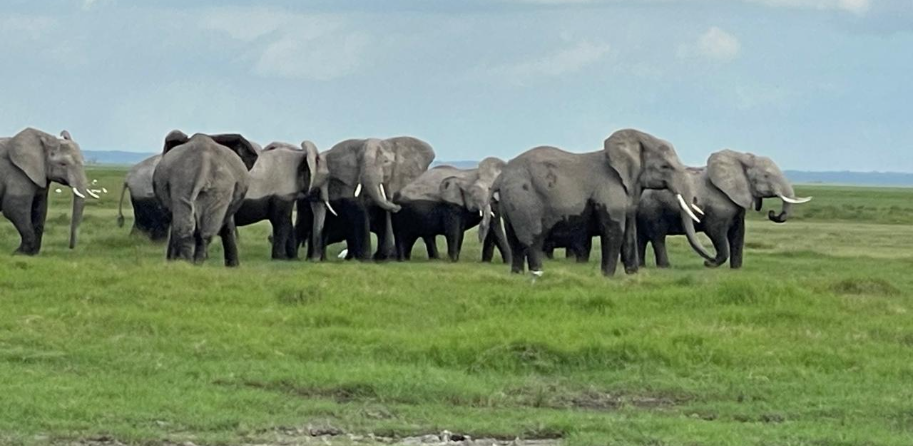A tragic case of human-wildlife conflict has been reported in Kyuso, Kitui County, where a 61-year-old herder lost his life after being attacked by a herd of elephants. The incident occurred in Mataka village on July 26, when Ngei Kalungui was out tending to his cattle on his bushy parcel of land. Eyewitnesses reported that four elephants had strayed into the village and fatally trampled him, killing him on the spot.
The growing trend of wildlife venturing out of their natural habitats and into human settlements has become a significant concern, particularly in areas bordering national parks. In response to this incident, Kenya Wildlife Service officials were dispatched from Mwingi to attempt to drive the elephants back to their park of origin and assess the situation on the ground. The herder’s body was moved to the mortuary, and investigations are underway.
Communities in such areas have been experiencing increasing pressure from wildlife, particularly as more wild animals stray due to habitat loss, drought, and other effects of climate change. The threat is not only to human lives but also to livestock, which herders in arid regions rely on for survival. Many herders have grown increasingly protective of their animals after suffering massive losses from one of the worst droughts in recent history.
Efforts are being made to mitigate these conflicts, including the construction of protective fencing and community awareness campaigns. Additionally, the government has established a compensation programme to support those affected by wildlife attacks, including herders whose livestock are killed.
The President recently highlighted that the total compensation claims related to human-wildlife conflict between 2014 and 2023 amounted to Sh7 billion. Of this, Sh4 billion has already been paid out, with the remainder set to be cleared. Going forward, efforts will be made to streamline the claims process and eliminate bureaucratic hurdles.
Furthermore, the compensation scheme allows for payment of up to Sh4 million for individuals seriously injured in wildlife attacks. Authorities continue to stress the importance of partnerships among the government, private sector, and local communities to ensure sustainable conservation and safer coexistence between humans and wildlife.

